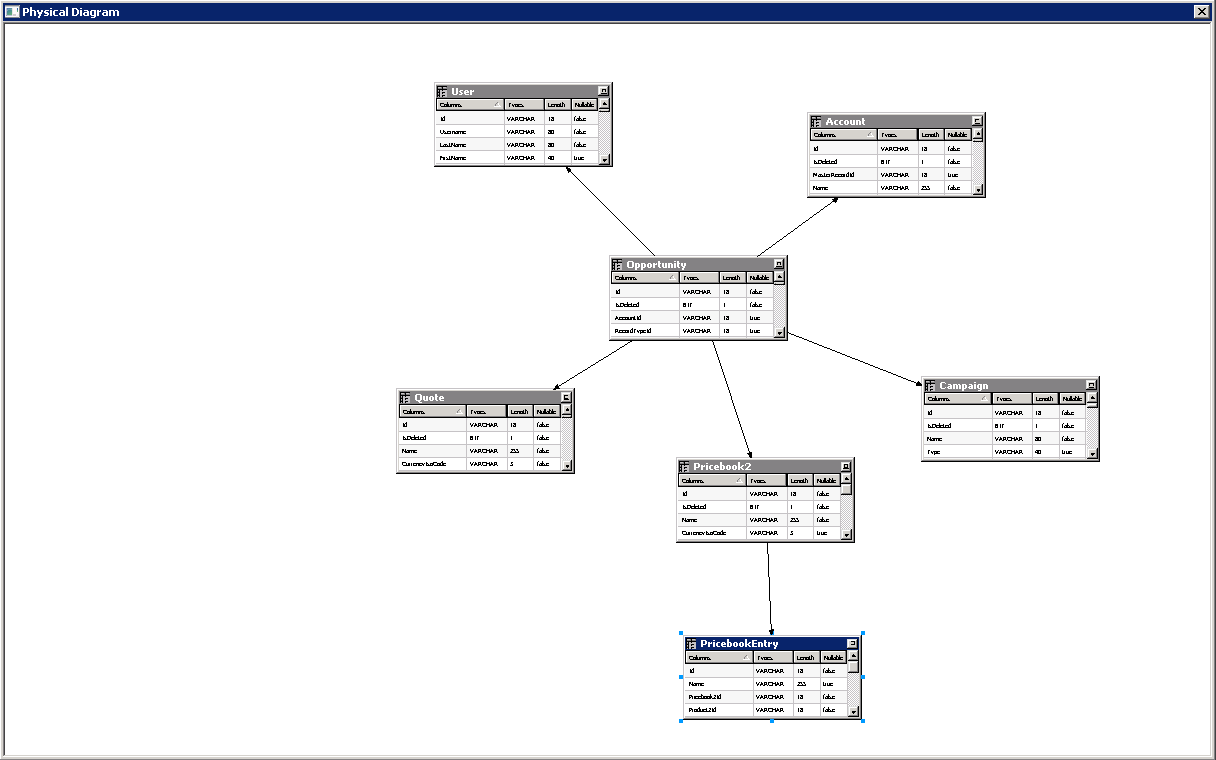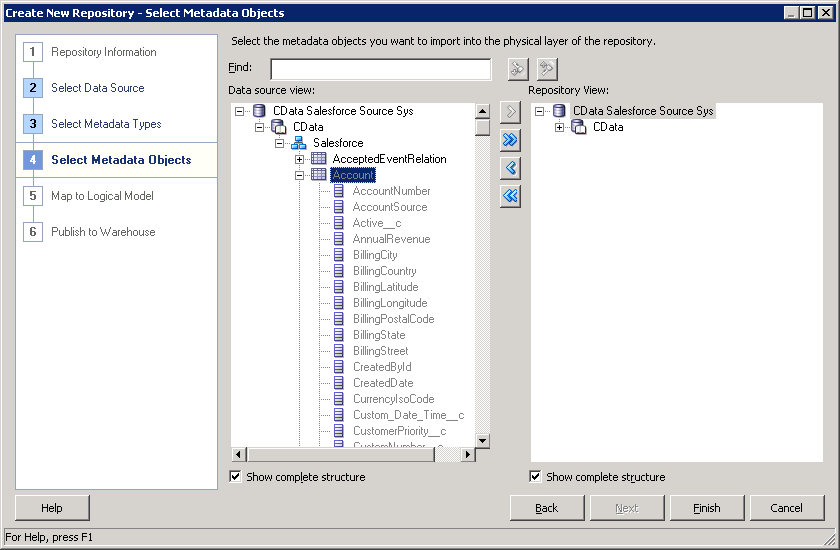Discover how a bimodal integration strategy can address the major data management challenges facing your organization today.
Get the Report →Redis Reporting and Star Schemas in OBIEE
Create a star schema that shows perspectives on Redis facts in real time.
The CData ODBC Driver for Redis is a standard database driver that can integrate real-time access to Redis data into your data warehouse or directly into your reporting tool. This article shows how to bypass the data warehouse and import operational Redis data into Oracle Business Intelligence Enterprise Edition (OBIEE).
See the knowledge base for ODBC integrations with ETL tools like Informatica PowerCenter. For an ETL solution into Oracle Warehouse Builder, use the driver with the Oracle ODBC Gateway to Access Redis Data as a Remote Oracle Database.
Connect to Redis as an ODBC Data Source
If you have not already, first specify connection properties in an ODBC DSN (data source name). This is the last step of the driver installation. You can use the Microsoft ODBC Data Source Administrator to create and configure ODBC DSNs.
Set the following connection properties to connect to a Redis instance:
- Server: Set this to the name or address of the server your Redis instance is running on. You can specify the port in Port.
- Password: Set this to the password used to authenticate with a password-protected Redis instance , using the Redis AUTH command.
Set UseSSL to negotiate SSL/TLS encryption when you connect.
When you configure the DSN, you may also want to set the Max Rows connection property. This will limit the number of rows returned, which is especially helpful for improving performance when designing reports and visualizations.
Import Redis Metadata
Follow the steps below to use the OBIEE Client Tools to import Redis metadata into an OBIEE repository. You can then integrate Redis data into your business models.
Open the Administration Tool and click File -> New Repository.
- In the Connection Type menu, select ODBC 3.5 and select the CData DSN.
- Select the metadata types you want to import under the Relational Sources option and then select Redis tables.
![Tables to be imported into the repository. (Salesforce is shown.)]()








